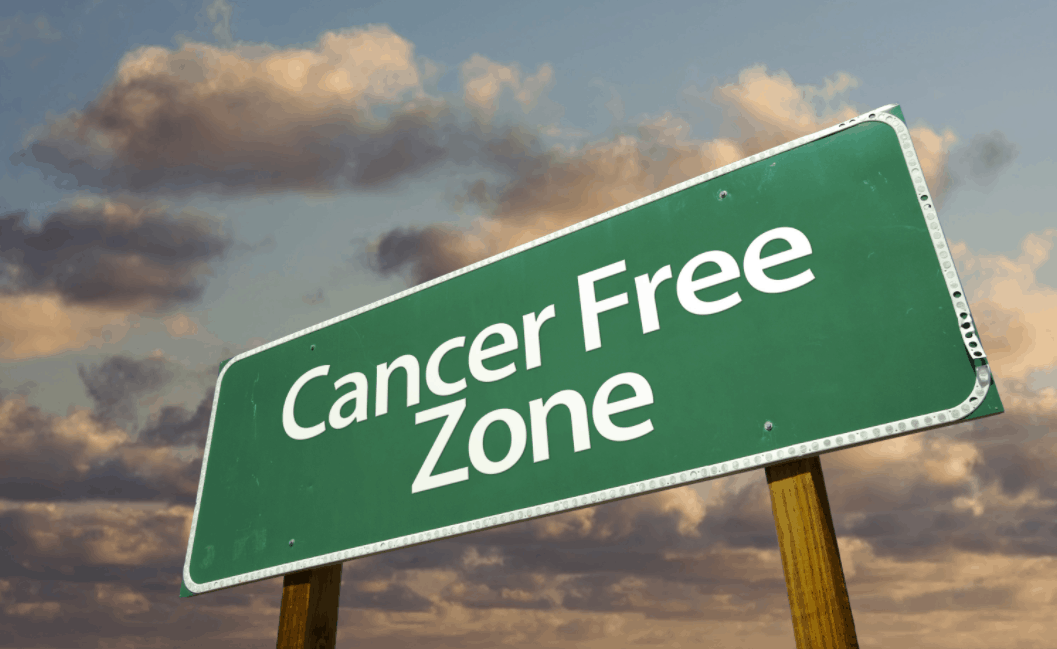An often-asked question among men who are thinking about starting testosterone replacement therapy (TRT) is, does testosterone increase prostate cancer risk? Experts and researchers have studied and debated this question for years.
A new study case-control study from Sweden adds to the growing literature showing that taking the hormone does not raise a man’s risk of being diagnosed with the disease and even seem to lower the risk of developing aggressive prostate cancer.
These findings should be welcome news for the men who have chosen to take testosterone replacement therapy, even though in most cases the individuals taking the hormone are not doing so for the medical condition (i.e., hypogonadism) for which the therapy is approved. It also should be noted that testosterone replacement therapy is associated with numerous side effects that can have a negative effect on quality of life, including acne, increased urinary symptoms (e.g., urinary urgency and frequency, painful urination), decreased testicular size, mood swings and aggression, worsening of sleep apnea, fluid retention, and a higher risk of blood clots, heart attack, and stroke.
Does testosterone increase prostate cancer risk?
The authors analyzed data from 38,570 men with prostate cancer and 192,838 age-matched men who were cancer-free. Data was obtained from the National Prostate Cancer Registry of Sweden.
Prescriptions for TRT were filled by 284 cancer patients and 1,378 controls. Analysis showed no significant difference in the risk of prostate cancer between these two groups, nor was the risk significant based on the form of testosterone the men used (e.g., gel vs injection). An added positive finding was that men who used TRT showed a lower risk of aggressive prostate cancer.
Read more in our Low T Health Center.
Reference
Loeb S et al. Testosterone replacement therapy and risk of favorable and aggressive prostate cancer. J Clin Oncol 2017 Mar 13






